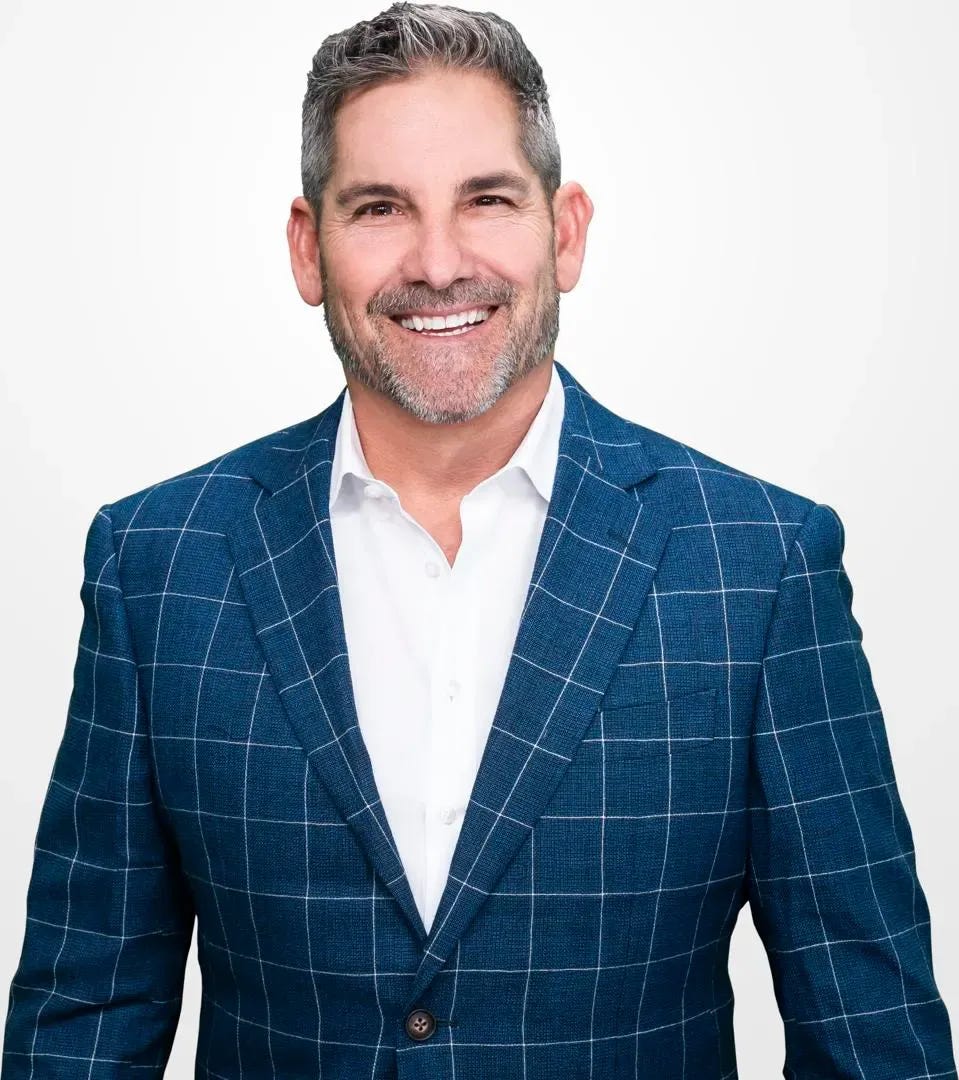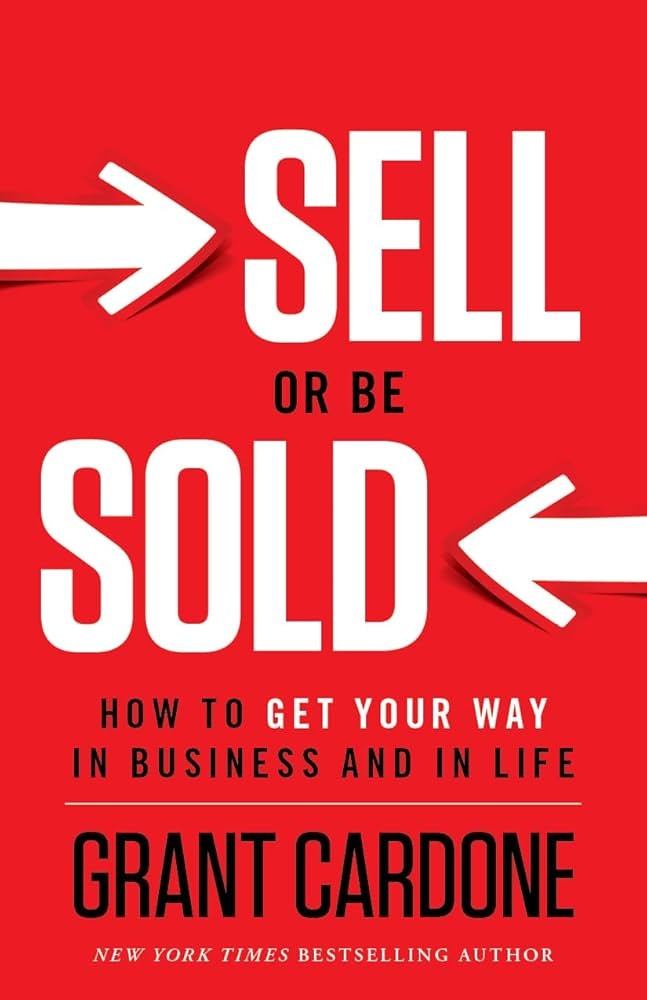I’m currently employed as a salesman in Paris. I work for an online art gallery and my mission week in, week out is to get artists to display their artwork on my company’s platform. It’s a successful online gallery and attracts over 2 million visitors every month. Rumour has it that a famous Texan actor once bought an artwork from us. We sell works from emerging artists as well as those household names such as Picasso, Matisse, and René Magritte.
The gallery was founded to help artists take their careers to the next level. They sign up, choose a subscription plan and then our gallery promotes their art across the web, as well as providing worldwide visibility and opportunities for them. I make around 40 calls a day to artists. It’s not ‘cold calling’ because they applied to be part of our gallery. My job is to ‘close’ the artists if you will and technically my pipeline is only filled with “warm leads”.
I’ve been focused on artists since December. Before then, I was tasked with closing galleries. This was more like your standard ‘cold calling’ because the galleries had previously shown no interest in working with us. When I phoned them up, the gallery manager or another young employee would answer. They’re what’s known as a “gatekeeper” and you have to try and get past them and speak to the owner or director who actually makes the decisions. I like to think I was fairly good at getting past the gatekeepers. But, sometimes, you can even make a sale by connecting with a younger member of a gallery and building a relationship steadily over time. All of a sudden, after weeks of phone calls and staggered email correspondences, they’ll agree to work with you and the close will be even sweeter. For the last weekend of November, I headed back to the UK to see friends and family. My boss suggested that I stay an extra three days and head into London to try and see some galleries in the flesh and talk to them. I thought this was a marvellous idea and I put on my sixth-form suit, a white shirt and visited galleries in the capital. I saw myself as a mysterious and charming salesman, travelling through Europe and closing deals wherever I went. It was a successful few days, I closed 3 important galleries and had long conversations with directors in Mayfair and Notting Hill. I met one woman with whom I had long been exchanging emails. We got a coffee together near her gallery on Grosvenor Square. There we chatted for an hour about Spain and France, our favourite books, as well as a second BA she had pursued part-time in Paris. She agreed to sell the gallery’s works on our platform and I left feeling victorious. I celebrated with a lime and soda in a pub with my friend Pete.
Some galleries weren’t interested but I still went out of my way to meet and speak with them. I took a long walk down to Notting Hill and visited a gallery that specialises in Asian post-WWII photography. I didn’t close them, but I spoke to the junior manager who had studied Japanese at Oxford. She had lived in Tokyo on her year abroad and we spoke about Japan for a bit and shared our university memories.
More and more, I’m noticing that sales is a highly important skill. It changes your character and makes you a better communicator. I’ve long been on a quest to master the art of social skills, and taking a job in sales is necessary and highly beneficial to my goals. When all you do all day is call random people, experience rejection, and then call more people, you have fewer inhibitions. I’m finding that I’m vastly more confident in everyday interactions, and I see myself as a salesman. I’m almost obliged to bring confidence and charm into every conversation and encounter. I’ve been doing some reflection and I think that I’ve always been that type of person, and only now do I see it in a more noble light. Is it true that salespeople are the knights in shining armour of our modern day? It still remains to be seen but I’m going to write about that very soon.
I listened to an audiobook recently called ‘Sell or Be Sold’ by Grant Cardone. I hadn’t heard about him before, but now after weeks of listening to his voice, I feel like I know him. Cardone was born in Lake Charles, Louisiana, and made a fortune working in sales, sales training, and real estate. Apparently, he’s got several companies with combined assets of over 4 billion. It’s not completely clear how and where he made his money, but he has gained a very large following through the sales training. He’s delivered workshops to many major companies across the world. I watched a few videos on YouTube of people speaking about his conflicting messages, how he has defrauded and misled investors, and how his sales strategies are both highly aggressive but also very standard - he’s not telling us anything new. Another world-famous sales guru, The Wolf of Wall Street (Jordan Belfort), calls him an idiot multiple times in many videos.
I still enjoyed listening to his book because it’s very motivating. He has the voice of a salesman, a punchy, positive, American accent. He also uses weird words throughout the book such as “itchbay” to denote people who are unwilling to dedicate themselves to success. It turns out that this is actually ‘Pig Latin’ for a rude word in English. I’ll let you look it up for yourself.
I was carried along gently by the book - if you can even call it that. It felt at points that he wasn’t even reading from the print edition, it was spontaneous and the recording quality, though good, wasn’t always identical. I mostly agreed with what he said. At times, he came across as pushy and he made it clear that he refused to compromise. Nevertheless, he still made interesting points. I particularly enjoyed a brief section where he spoke about “call reluctance”. This is when you put off making sales calls because you’re not feeling it and so consciously delay picking up the phone and dialling. Cardone repeated at least three times that your decision to not make calls, and your reluctance to get on the phone was the biggest inhibitor to your success. This insight stuck with me and ever since, I jump onto making calls first thing in the morning, convincing myself that I’m not bothering anyone, instead, they need my service, and it’s there to help them. I’m completely sold on my product, a belief that justifies any amount of calls and emails because signing up to the gallery is going to drastically improve their life.
Few would call Grant Cardone a philosopher. However I believe that this idea of ‘call reluctance’ touches on quite a profound spiritual idea, that of attacking life, being proactive in your pursuits. Just like the salesman who, by taking an extra coffee break to avoid making calls, misses out on the possibility of doubling his income, so too do we miss out on the realisation of spectacular potential futures by our unwillingness to act, to make uncomfortable decisions and advance.
One thing that calling so many people has taught me is that I shouldn’t be so reluctant to reach out to my own friends. I’m proud to say that I’m proactive in this domain. I always message them to check in and I try to schedule catch-up calls. I’ve developed this, in part, thanks to my status as an only child. Throughout my teenage years, if I wanted to meet someone up, I had to send them a message. There was no other option and I couldn’t rely on my Dad to play football all day.
I’m still not an all-star. I can always get better at messaging friends. I also put it off and feel like I don’t want to bother people. It can be tricky to message friends and ask if they want to call or meet up, especially with those who you’re not super close with. We all fear rejection.
But the rigour of cold calling has moulded me into a man who is more accepting of rejection. Also, the prospect of getting in touch with an old pal, even after years of no contact, is far easier now that I’ve got used to calling and speaking to strangers every day.
It comes down to self-belief in the end. I can’t think too long about risks or bothering someone. If I’m acting with the right intention and honourable values, I believe I am serving my community and adding positivity to the world.







Is the work you're doing likely to become your life career?